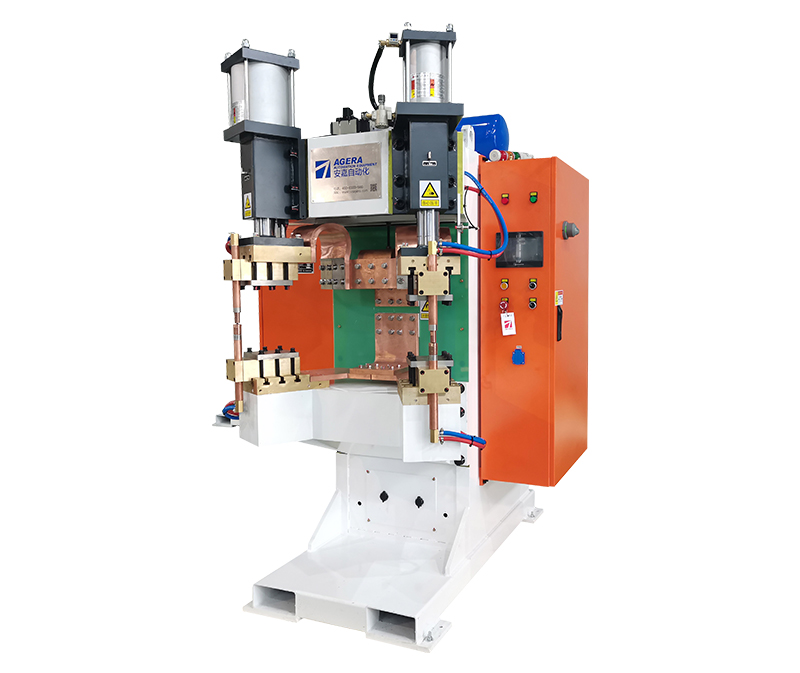In nut welding machines, the electrodes play a crucial role in achieving high-quality and reliable welds. This article explores the essential conditions that electrodes must meet to ensure efficient and effective welding operations in nut welding machines.
- Material Compatibility: Electrodes used in nut welding machines must be compatible with the specific nut material being welded. The material composition and properties of the electrode should complement the nut material to ensure proper fusion and a strong bond between the components.
- Durability and Wear Resistance: Electrodes should exhibit high durability and wear resistance to withstand the repetitive welding process. Wear-resistant electrodes prevent premature degradation and ensure consistent performance over extended periods of use.
- Thermal Conductivity: An important factor for electrodes is their thermal conductivity. Effective heat dissipation during welding helps maintain a stable welding temperature and prevents overheating, ensuring the longevity of the electrode and minimizing the risk of defects in the weld.
- Proper Geometry and Surface Finish: Electrodes must have the correct geometry and surface finish to facilitate proper contact with the nut and workpiece. The electrode’s shape and finish impact the distribution of welding current and electrode force, directly influencing weld quality.
- Electrical Conductivity: High electrical conductivity is essential for electrodes to efficiently transfer welding current to the workpiece. Electrodes with low electrical resistance ensure uniform heating and a consistent fusion zone, contributing to the overall weld quality.
- Alignment and Precision: Precise alignment of the electrodes with the nut and workpiece is critical to achieve even and uniform welds. Accurate electrode positioning ensures optimal contact and enhances the joint’s integrity.
- Adequate Coating or Coating-Free Design: Electrodes can have a protective coating to prevent oxidation and extend their lifespan. Alternatively, some applications may require electrodes without coatings to ensure direct electrical contact with the workpiece surface.
- Easy Maintenance and Replacement: Electrodes should be designed for convenient maintenance and replacement to minimize downtime during welding operations. Easy-to-access electrodes simplify maintenance tasks and ensure continuous production.
The successful performance of nut welding machines hinges on the quality and suitability of the electrodes used. Meeting the essential conditions outlined above ensures that electrodes can withstand the demanding welding environment and consistently produce high-quality welds. By carefully selecting, maintaining, and replacing electrodes, manufacturers can optimize the performance of their nut welding machines and deliver superior products to their customers.
Post time: Jul-20-2023








